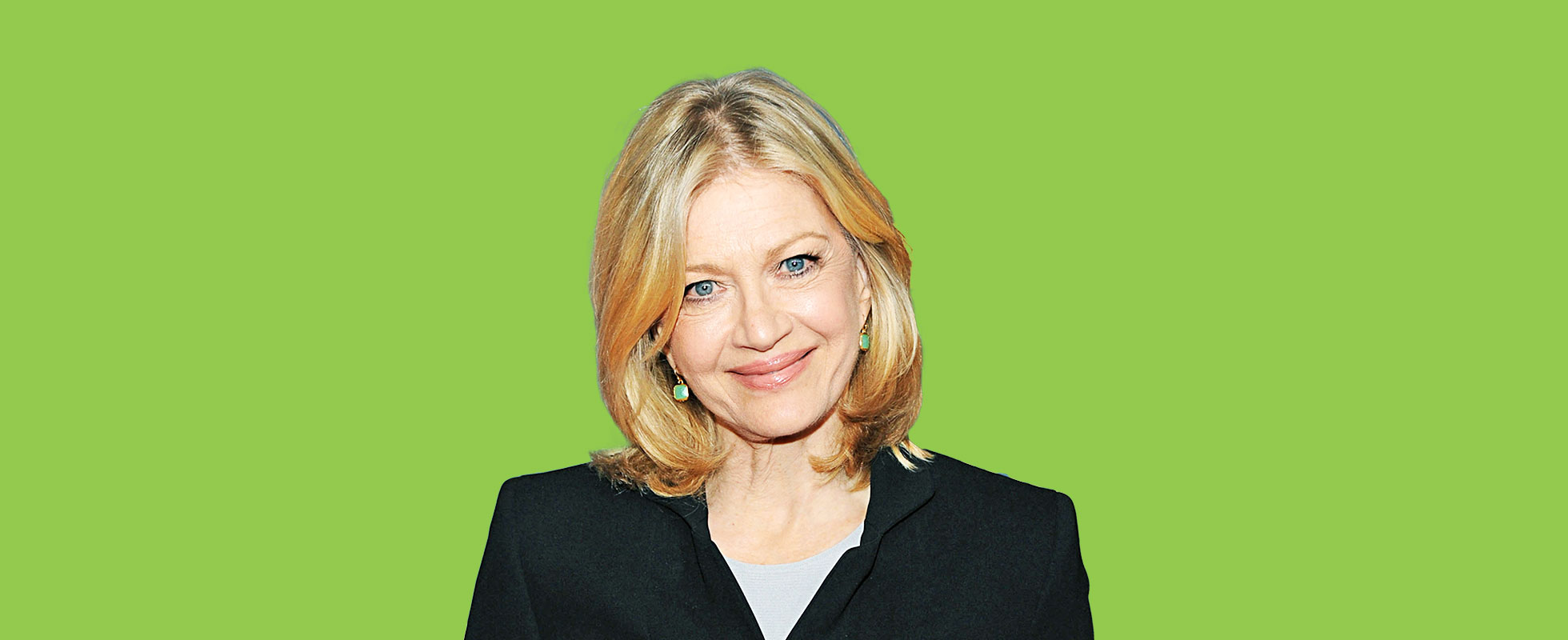It’s hard to highlight the point in time when interviews became a prominent form of journalism, but it’s safe to say the Scottish journalist James Gordon Bennett played a large part in making them commonplace. Bennett founded the New York Herald in 1835 and the following year conducted one of the first-ever newspaper interviews, questioning the madam of a New York brothel where a murder had taken place.
Interviews became increasingly popular in print, then via radio and, later, television. The added visual element made TV interviews particularly popular, with some garnering vast audiences and plenty of media attention. The ability to see the interviewee’s visceral reactions — whether it’s Tom Cruise jumping for joy on a couch or Cara Delevingne’s unimpressed response to being told she needs a nap — can certainly make for great entertainment.
Here are some of the most memorable interviews in history, including political showdowns, royal bombshells, and actors at their quirkiest.
Well, when the president does it … that means that it is not illegal.Richard Nixon
David Frost interviewed Richard Nixon less than three years after the disgraced President resigned in 1974 following the Watergate scandal. Nixon considered the British journalist a “soft-soap” interviewer and agreed to the interview as a means of salvaging his tattered reputation. Frost, however, didn’t hold back, and Nixon ended up speaking a little more candidly than he might have intended. After the series of interviews aired, 75% of the American public thought Nixon deserved no further role in public life.
Well, there were three of us in this marriage, so it was a bit crowded.Diana, Princess of Wales
When it comes to bombshell interviews, few can rival Martin Bashir sitting down with Princess Diana in 1995, less than two years before her death. Diana shocked Britain and the world with her candid confessions, the likes of which had never been seen from the notoriously tight-lipped royal family. The princess talked about her struggles with postpartum depression and bulimia and revealed both her husband’s affair with Camilla Parker-Bowles (now Queen Camilla) as well as her own extramarital affair with James Hewitt. The interview forever changed how much of the general public viewed the royal family.
Nobody makes me do anything I don't want to do. It's my decision. So the biggest devil is me. I'm either my best friend or my worst enemy. And that's how I have to deal with it.Whitney Houston
Diane Sawyer infamously asked several highly personal questions during her 2002 interview with Whitney Houston. It made for a compelling watch, but many thought Sawyer went too far. Houston, who had signed one of the biggest record deals in music history the year before, answered questions about her drug use and admitted to using alcohol, marijuana, cocaine, and pills (but not crack, famously stating “crack is wack”). She also spoke about her marriage to singer Bobby Brown, who she said never physically abused her. The interview remains controversial to this day, especially following Houston’s untimely death in 2012.
Joaquin, I'm sorry you couldn't be here tonight.David Letterman
In 2009, David Letterman conducted his most bizarre interview ever. His interviewee, a bearded and disheveled Joaquin Phoenix, appeared distracted, reticent, and possibly incapacitated as he mumbled a series of one-word answers. Both Letterman and his viewers were baffled by the actor’s behavior, and the interview achieved instant infamy. It ultimately turned out to be a big — and quite brilliant — stunt by Phoenix, who was using the interview for his mockumentary movie, I'm Still Here. He later issued an apology to Letterman for the spoof.
There have been times throughout American history where what is right is not the same as what is legal. Sometimes to do the right thing, you have to break a law.Edward Snowden
Edward Snowden remains a hugely divisive figure following his 2013 leak of highly classified information from the National Security Agency. The following year, Snowden was interviewed by Brian Williams. The whistleblower stated he was far more than a “low-level hacker,” as some critics had claimed, and defended his actions by arguing, “How can it be said that [what I did] harmed the country, when all three branches of government have made reforms as a result of it?”
Featured image credit: Desiree Navarro/ WireImage via Getty Images
















